New Gay Marriage Changes Underway
Dec 3, 2014
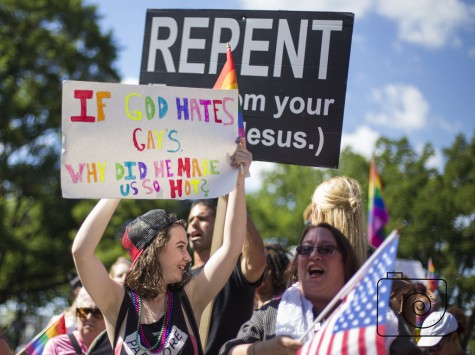
On Thursday, for the first time in U.S. history, a federal appeals court decided to support bans on same-sex marriage in four states. According to the Washington Post, the panel voted 2-1 in favor of this topic being an issue of the democratic process, rather than the judicial. Due to this landmark decision, the Supreme Court will likely have to settle this divide between the beliefs of U.S. appeals courts on the topic of gay marriage.
While, according to the Washington Post, the panel understood that gay marriage legalization throughout the country is “inevitable”, the topic should be decided by means of democratic process, as opposed to judiciary.
U.S. Circuit Judge Jeffrey J. Sutton agrees with the court’s decision. He feels that supporters of the gay marriage movement should work to persuade other voters of the benefits of their cause, as opposed to federal judges.
“When the courts do not let the people resolve new social issues like this one, they perpetuate the idea that the heroes in these change events are judges and lawyers,” wrote Sutton.
The Supreme Court moved to allow previous rulings to stand, meaning that the number of states that may legalize/have the opportunity to allow same-sex marriage has greatly increased.
On Nov. 12, advocates of gay marriage were able to swing two additional wins for their cause, as Kansas has officially legalized gay marriage and South Carolina’s movement to ban it was turned down by the Supreme Court.
After Monday’s ruling, 24 U.S. states total have now legalized same-sex marriage, while 26 continue to hold onto their bans.
“We believe t’s wholly unconstitutional to deny same sex couples and their families access to the rights and respect that all other families receive,” said Chase Strangio, staff attorney to the ACLU Lesbian Gay Bisexual and Transgender Project.



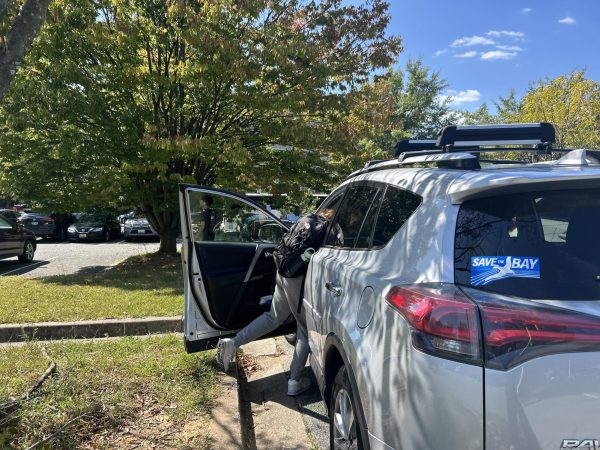
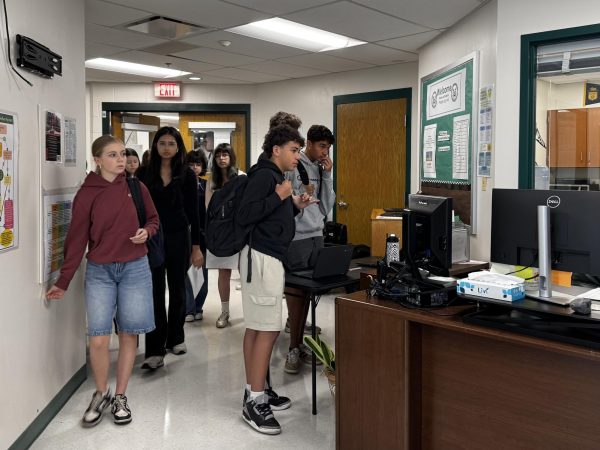
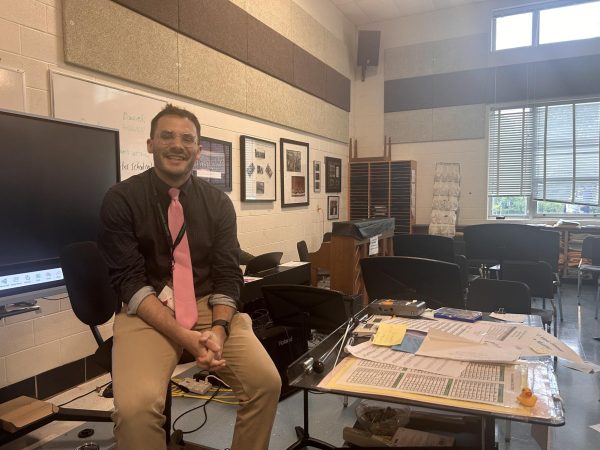
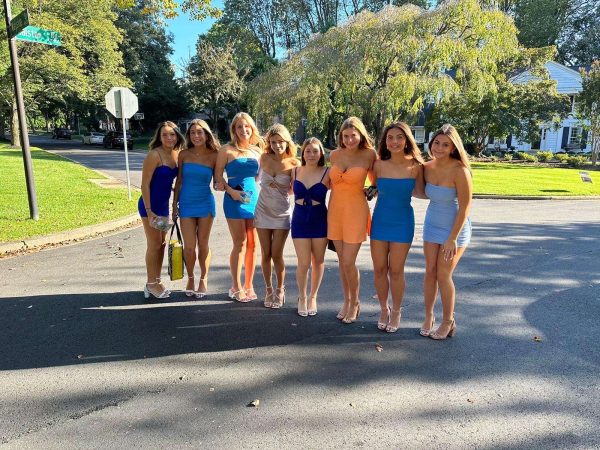

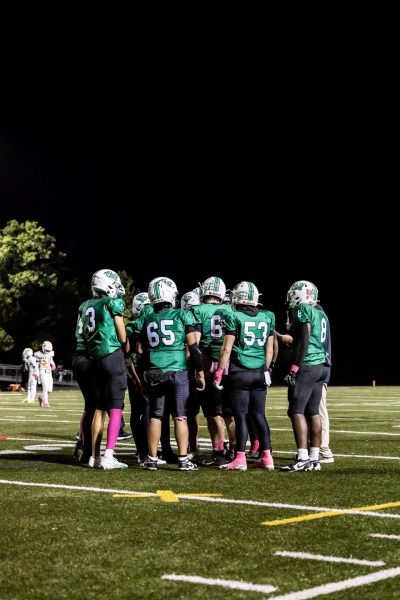
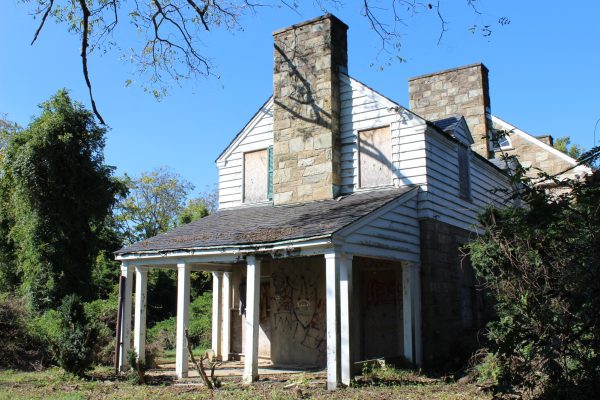
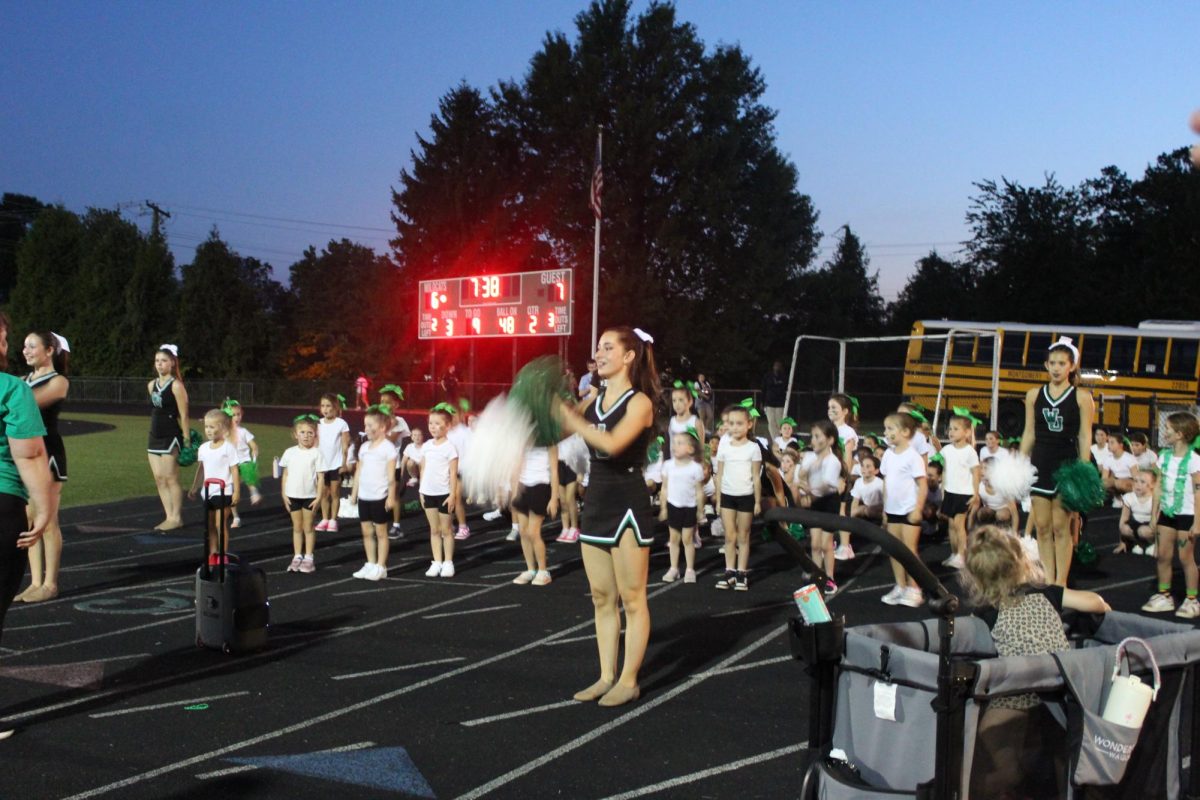

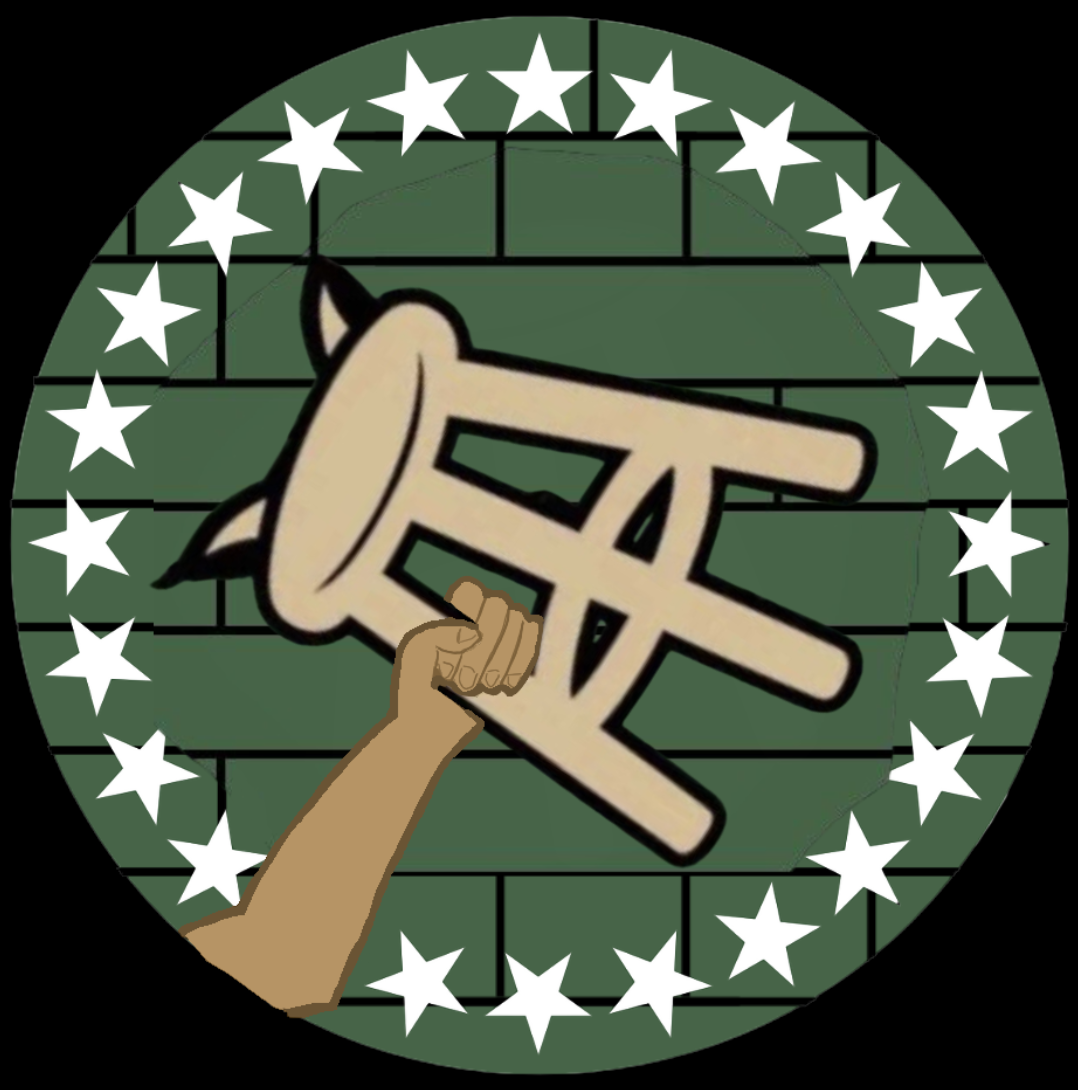
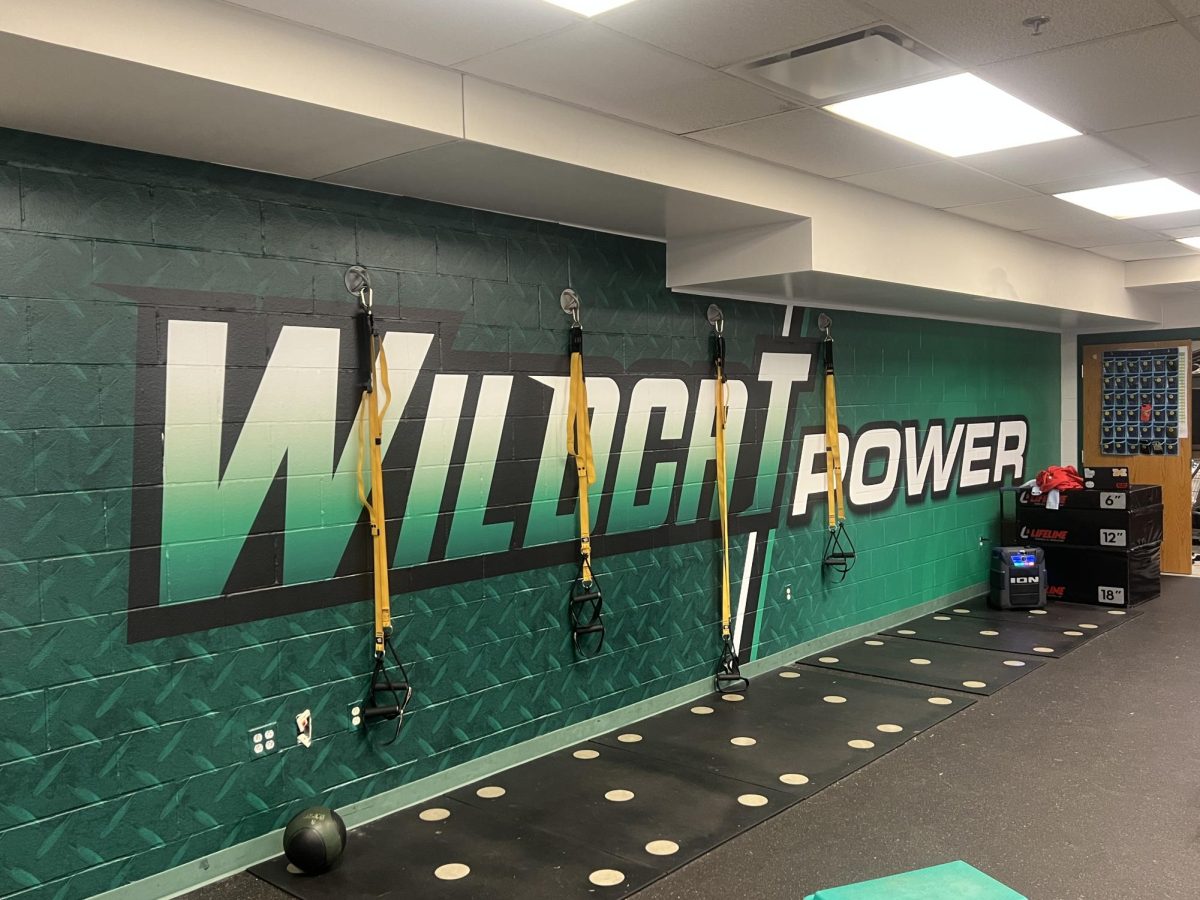
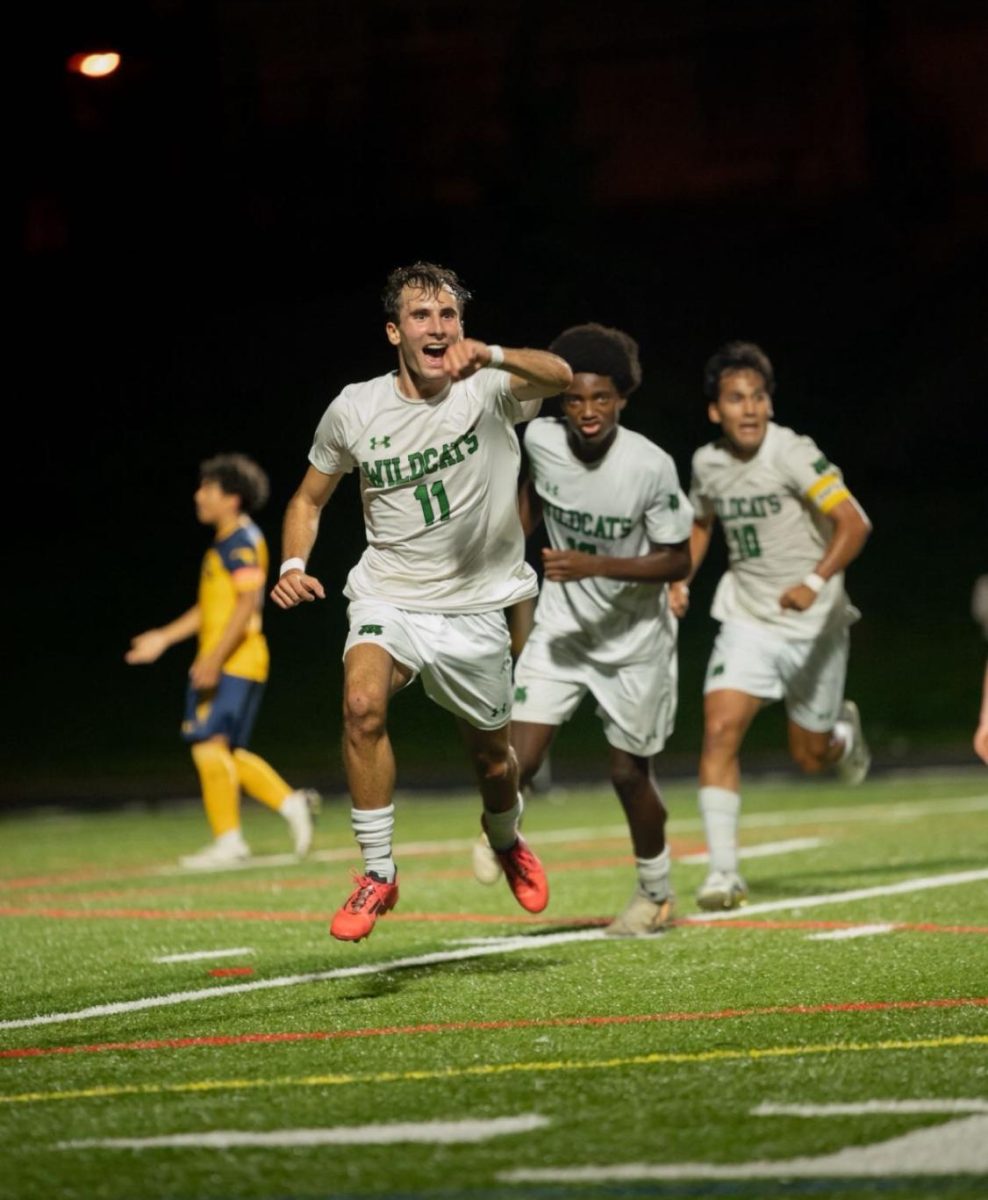

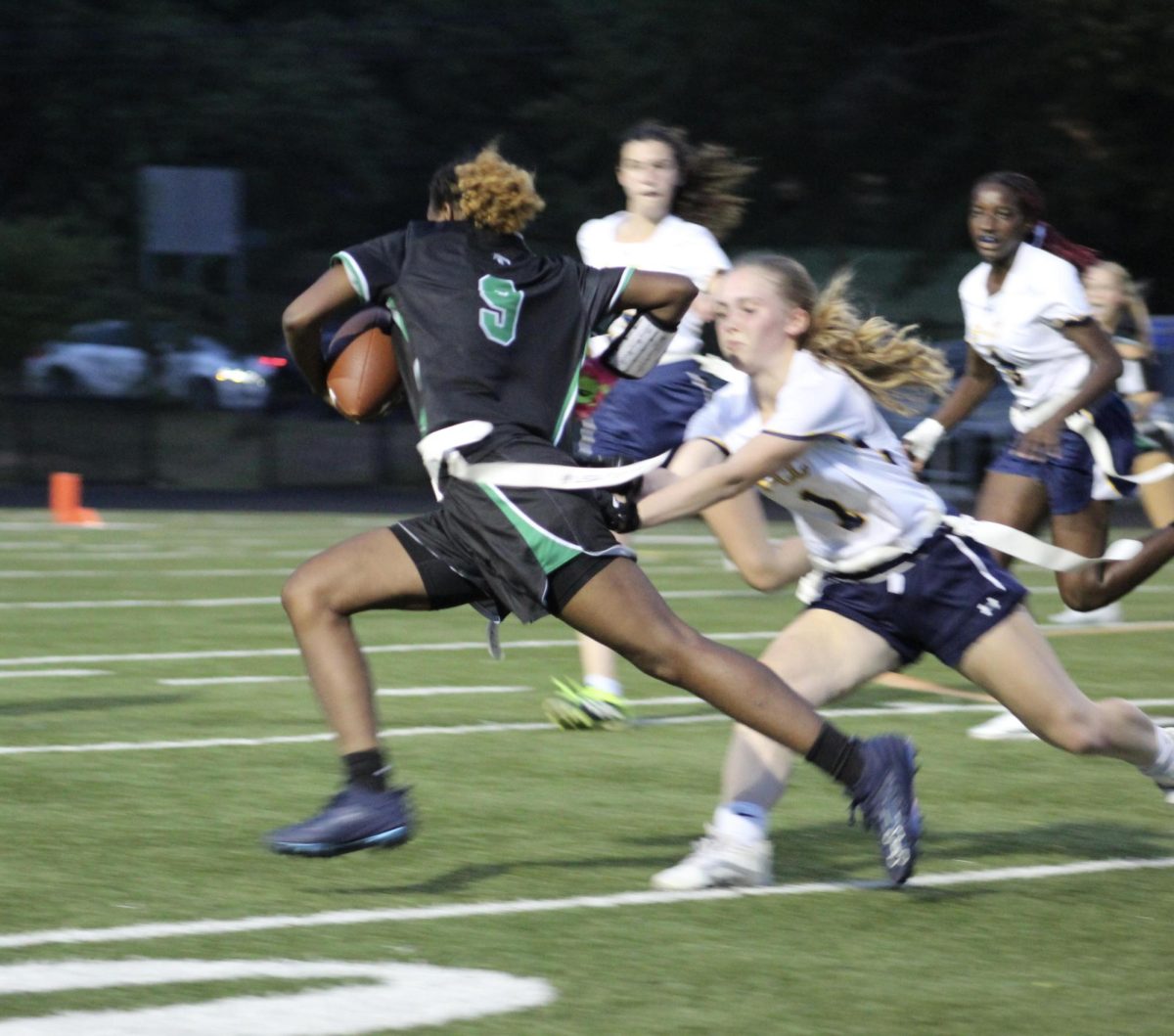

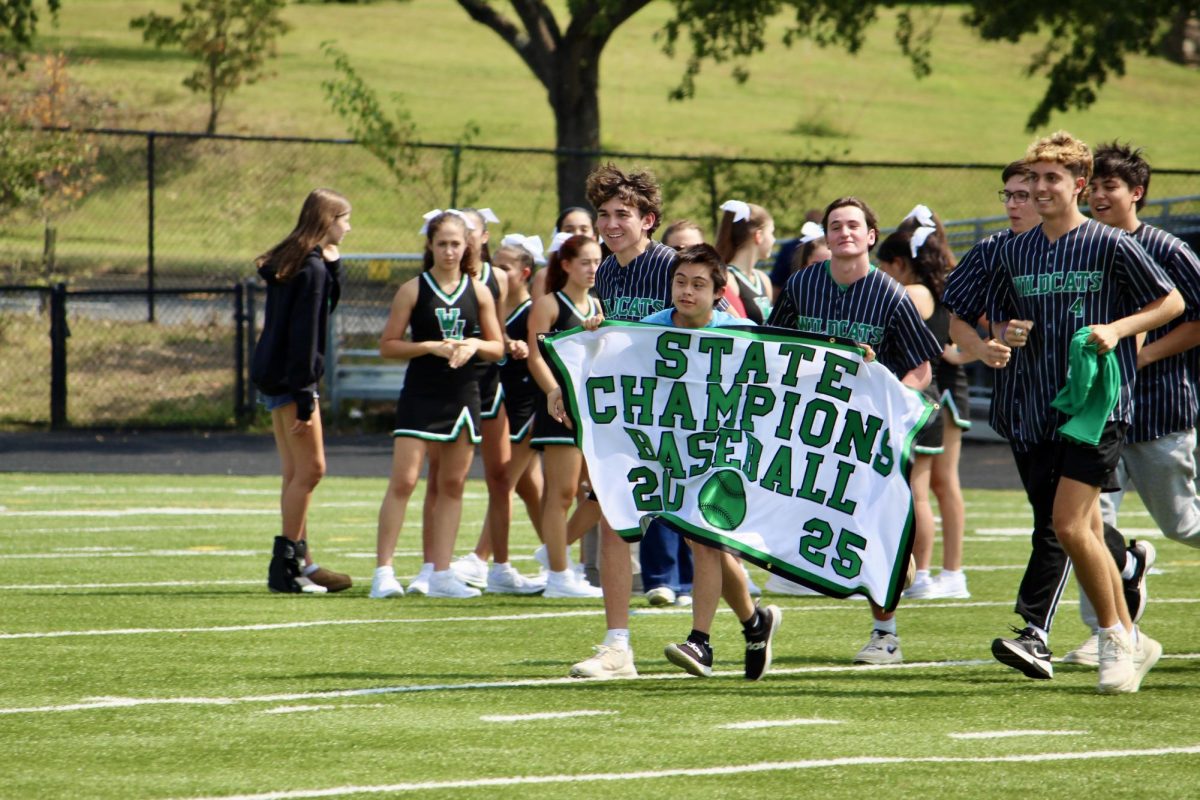

sonal • May 25, 2019 at 1:20 am
New Gay Marriage Changes. it is good changes especially for those who are Can not adopt your partner with fear of society. digital marketing course in pitampura